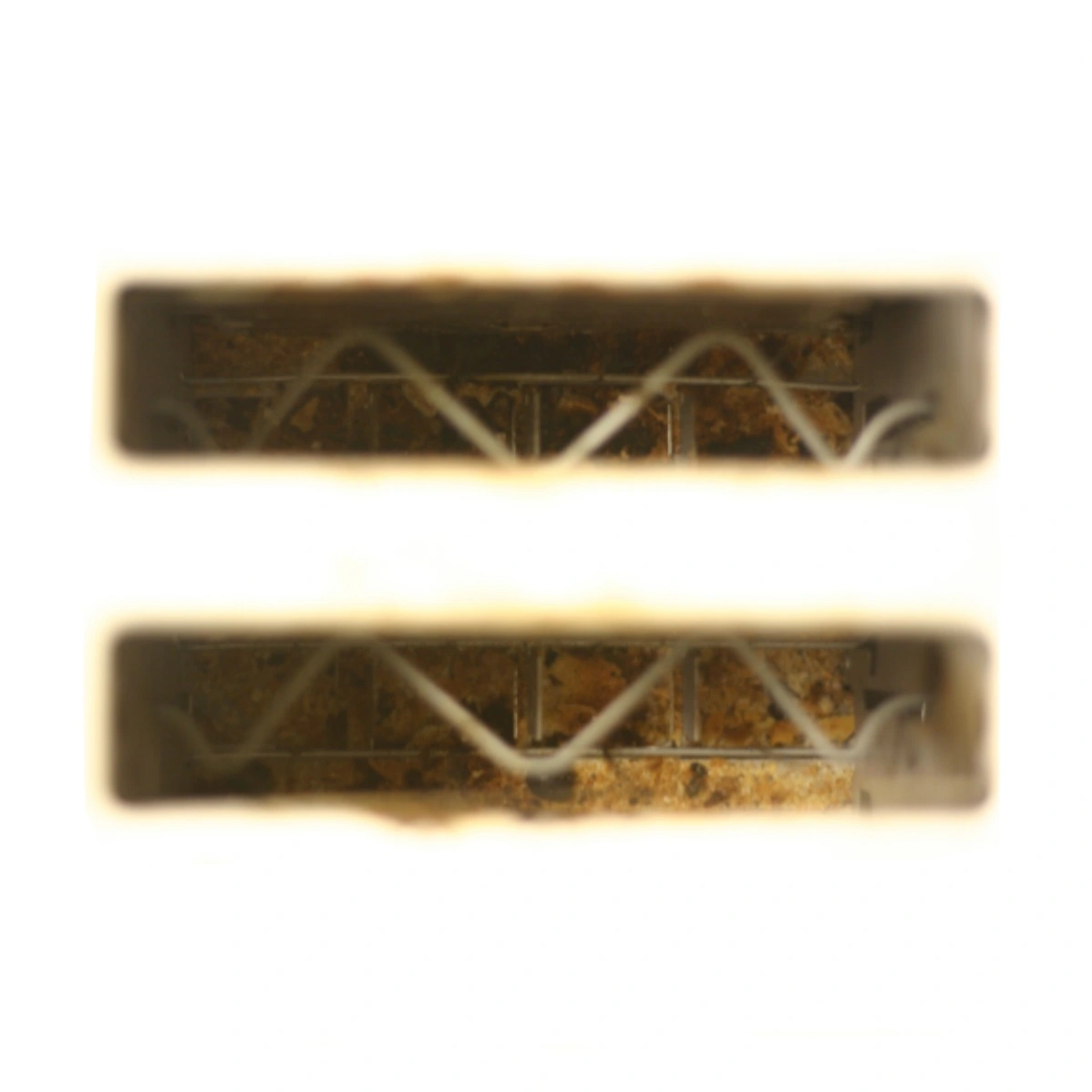All humans are dead, that’s why the air is clean.
If all humans are dead then who buried him and placed the tombstone there? Check mate atheists.
You had a good argument until you wrote atheist.
Atheist
sometimes i just wanna believe
And they lived to 90, not a bad run.
The hidden panel is even better

What?
You’ll need to go to the official webpage for the comic to find it
That’s the thing, we always have.
Turns out humans always do the right thing when they have no other options left lol.
https://m.youtube.com/watch?v=LxgMdjyw8uw Kurzgesagt
Kurzgesagt are literally the opposite of solarpunk, they are techno-optimists founded by Bill Gates.
Solar Punk and Kurtzgesat are both heavily associated with the transhumanist community, so no I don’t think that’s accurate.
This is simply wrong, there is very little overlap between the transhumanist community and Solarpunk, and Kurzgesagt is primarily associated the mainstream European ideas and has been primarily funded by the German government.
very little overlap between the transhumanist community and Solarpunk
Ok, so I guess my friend group contains the intersection between the two nearly-disjoint communities. Good to know.
The philosophy behind Solarpunk is essentially a codified rebranding of the leftmost-half of the Transhumanist movement. I know because I’ve explicitly identified myself as a transhumanist for over a decade; I’m comfortable with the community and have been immersed in the philosophy since. It’s probably not a coincidence that the aesthetic of Solarpunk is nearly identical to one that I’ve been cultivating in my world building even prior to becoming a transhumanist.
Solarpunk is Transhumanism, or at least a branch of it. If you hate transhumanism, you hate Solarpunk.
No it is not. Solarpunk is rather broadly defined and intentionally vague so that it allows building broad coalitions, which might also include transhumanists at the fringes, but the core idea and origin of Solarpunk has very little to do with transhumanism.
The overlap of imagery is indeed often seen as problematic, but there is a relative scarcity of Solarpunk imagery and those that exist have usually borrowed from existing prior-art which often includes (authoritarian) techno-optimist and sometimes transhumanist visions.
P.sure you’re the first anti-transhumanist I’ve ever encountered in the Solarpunk community, and that appears to largely stem from a great deal of ignorance about the philosophy.
The fundamental question of transhumanism is what it means to be a person. Some say that it’s what it is to be “human” but such consider humanity and personhood to be synonymous. Solarpunk doesn’t grapple with this question; instead, it uses the answers that transhumanists tend to give as a core to build off of. Transhumanism is a way of thinking about humans, technology, nature, and how we interact with each other. A really good art piece for introducing this idea to people is Landsailor by Vienna Teng. Every piece of technology we make, be it a mobile phone, a quern, cattle, nuclear weapons, or prosthetics are extentions of ourselves. They’re all products of artifice that we collectively use to affect our environment, ourselves, and each other. Consider the devices we’re using to communicate: these allow for crude but potentially rapid telepathy over vast distances, and augment our minds to the point of superhuman ability. You’re probably thinking “no it’s just a phone/computer/tablet, that’s stupid, my mind uses it; it’s not a part of me” but that fails to consider the changes your mind undergoes when using the device. Set aside the brand-new functions like making calls and you’re still left with the fact that you’re offloading years or decades of memories onto a device as well as computing power. When you do math several parts of your brain communicate with other parts to do the calculations piecemeal. So, when you’re punching numbers into your calculator, that’s essentially just a cruder mechanism for doing the exact same thing; one part of your mind asking another part to perform a task to accomplish a larger goal. What’s really fascinating is that this is backed up by neurology; when humans use a tool, our brains process the information as if it was a part of our actual bodies. Just as is true of a human and their engineered tools, so is also true of humanity and our environment. Our infrastructure: plumbing, vast sky scrapers, villages in the countryside, farmland, food banks, tended woods, steam pipes, hospitals, the internet, all of these augment humanity as a whole or subpopulations thereof. As outlined in Yudkowsky’s essay: Transhumanism as simplified humanism Transhumanism seeks to preserve and improve the lives of everyone it can. It is fundamentally about using technology to perform acts of altruism for its own sake. It’s about what’s practical and possible and bringing the first closer to the second without compromising on anything we don’t need to. We can have enough food, water, and power for 10,000,000,000 and have a beautiful environment and have a society more equal than any in history. Yes, that will mean that things will need to change, yes that means we need better sustainability, yes that means we need to work for decades engineering new, innovative, and unintuitve solutions, but that doesn’t mean we can’t do it. So we have a philosophy that advocates for using technology to engineer our environment to be more sustainable and allow for a better society for all people, meanwhile compromising on nothing and being optimistic about the future if we work together. What does that sound like to you?
Solarpunk eschews the stereotypical transhumanist aesthetics in favor of a synthesis of a richer natural aesthetic, but transhumanist philosophy is fundamentally aesthetic-neutral. This is something that I think confuses people, and probably why you personally regard the two as fundamentally opposite. All you see are robots in one frame, trees in the other, and think “these are opposites” but transhumanism and Solarpunk are fundamentally about what you don’t see. You don’t see that the robot has a human brain inside that’s only able to live because of a full-body prosthetic. You don’t see that the trees are biologically engineered to give unnaturally nutritious fruit. As a side note this is why I don’t consider people like ol’musky transhumanists; he wants weird robots and brain implants because it looks futur-y, not because he’s grappled with the pros and cons of the solutions for decades and determined that this is the best way to help people. He’s a sham who pretends to know what he’s talking about after looking at a cool photo instead of honestly engaging with the philosophy he pretends to advocate. I am reminded of him through my interactions with you.
You are arguing against a strawman. I never said that I am anti-transhumanist.
But at the core Solarpunk has quite different values to transhumanism. Technology (while useful) is largely irrelevant to Solarpunk. And it actively escews the typical transhumanist narrative (that you basically repeat) that technology innovation will safe or transform humanity for the better.
Solarpunk isn’t anti-technological innovation but it recognizes that we already have all the technology we would need to live a sustainable and "worth living” life, the problem is rather how we use the technology. Solarpunk is also deeply anti-capitalist, which is something that can not be said about transhumanism.
And last but not least, you paint a very rosy picture of transhumanism, but in the history of it major proponents advocated for terrible ideas like eugenics and like it or not, but people like Elon Musk do fit into the transhumanist definition.
So while I think Solarpunk and Transhumanism has some small overlap at the fringes, it is extremely misleading to group them together like you do.
Peak survivorship bias
The look on death’s face.
Uh, that’s nuclear fallout
Since plastic was already everywhere, we collected it, made it white and covered huge areas with it to reflect more sunlight. Great idea, didn’t backfire at all.
Maaan, I just don’t understand that comic; somebody care to explain?
Is Death disappointed because the green guy is not interested in his own grave but more about the future achievements and what society did in the meantime? Or the disrespect for having lived 90 years? Is that the correlation to Solar Punk?
Because I excluded some things already:
- someone dug a grave for him, so someone is/was alive and cared enough to do so and even knew his birthday
- snow is cold so it cannot be fallout; some hyphotesized below
- wind turbines are still turning and are not damaged or worn down
I think you’re looking too deep. The ghost of Christmas future shows you how unimportant you are, but the character doesn’t care since the world is better than expected.
Then why is the ghost disappointed/confused in the last panel, if his mission was to show how unimportant the green guy is and then the green guy does exactly that by marvelling about the future and not about the self-importance.
And maybe one of the downvoters can exlain it all to me when they’re so dismissive?
If we’re being pedantic here, how can you tell the ‘ghost’ is ‘disappointed/confused’?
Fair. How do you interpret the mimics of something that has no face?
So I took the approach of “looks emotionless at green guy” as in “is unsure about what to make of this situation” and therefore “is confused / thinking about an approach”.
His pointing finger is also pointing lower than in the panel before, as in “loses tension” as in “is not pointing anymore but just left in the previous position” therefore the mental focus changed from pointing at / highlighting something to a different aspect, which, in combination with the first paragraph, makes me interpret the panel as “confused / distracted”










